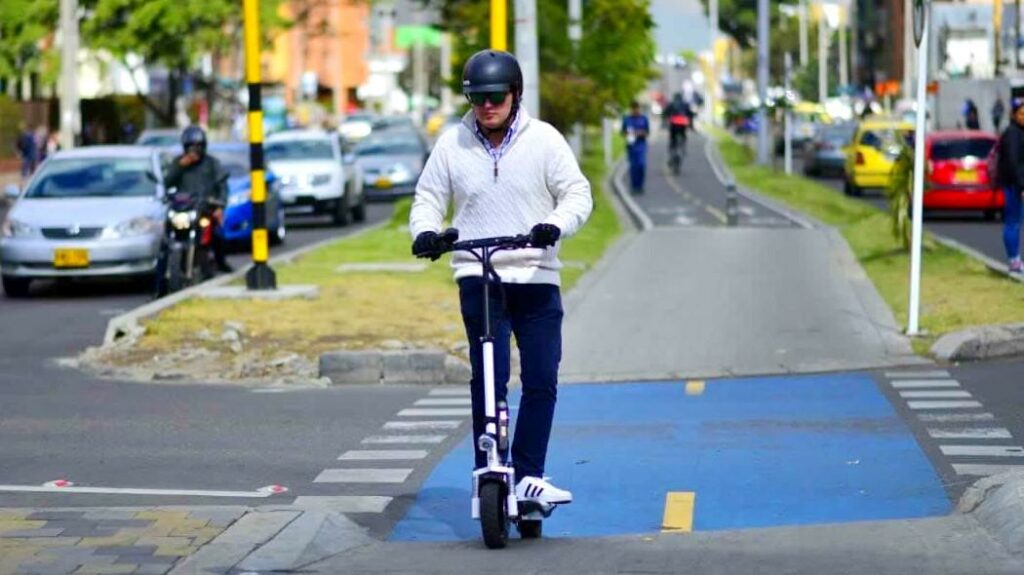
Sustainable Mobility Ranking Highlights Progress in 8 Latin American Cities

At least eight Latin American cities were included in a report on the challenges faced by metropolises in the field of mobility. According to the “Urban Mobility Readiness Index 2022, Bogota, Sao Paulo, Mexico City, Santiago de Chile, Buenos Aires, Quito and Lima stand out in the world ranking of 60 cities.
The study conducted by the University of California at Berkeley and the Oliver Wyman Forum took into account the sustainable mobility sub-index to measure the efforts of regions to create a greener environment.
Colombia at the Top of Latin America
Ranked 34th in the ranking, Bogotá is recognized for prioritizing the electrification of transport, developing emission-free zones, investing in charging infrastructure and offering incentives for the purchase of electric vehicles. In addition, they focus on the development of electric bus fleets.
Mexico appears in 36th place due to the large investments in mobility by the government, which will be intensified in the coming months following the agreements signed with the United States and Canada.
Brazil’s Contribution
Two cities in the Amazon country stand out in the study. Sao Paulo is ranked 37th, as local and national authorities seek to encourage the adoption of zero-emission cars through fiscal and non-fiscal incentives. They also set restrictions on the circulation of combustion vehicles.
The city is connected by a strong multimodal network comprising metro, buses and rail. However, ticket prices are high relative to local incomes, putting them out of reach of the poorest residents.
For its part, Rio de Janeiro is ranked 49th in the statistics, as the authorities have focused on the sector.
It has a Sustainable Urban Mobility Plan that is credited, for example, with extending the reach of public transport to more low-income residents.
Progress in Chile
Government strategies and private sector support place Santiago in 42nd place. The study notes that the capital benefits from the country’s well-connected road network.
In addition, the passenger service – consisting of the metro, buses and trains – is affordable and includes an integrated fare system that requires a single smart card.
Quito, Buenos Aires and Lima are also on the list of 60 cities, but still have much work to do to match the progress made by the aforementioned cities.
The study concludes, in the case of Latin American cities, that there is still a long way to go in terms of charging infrastructure and tax incentives to promote sustainable mobility.





